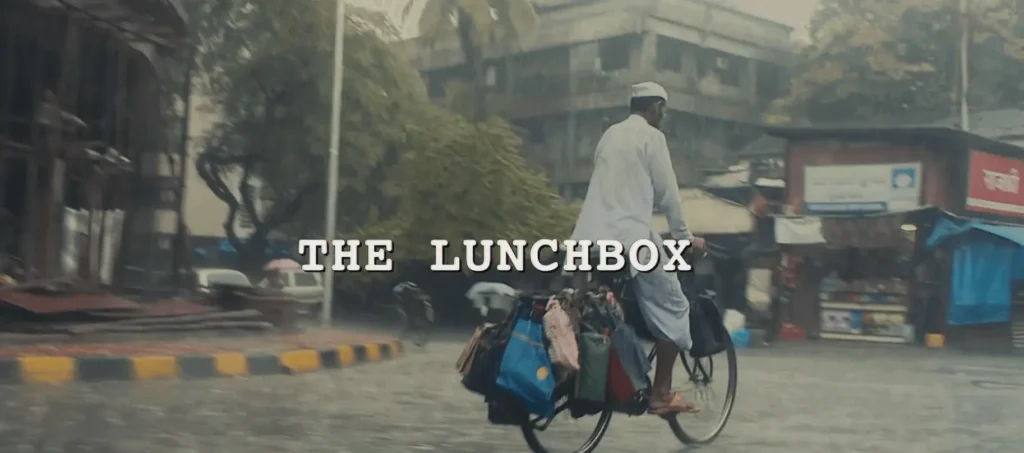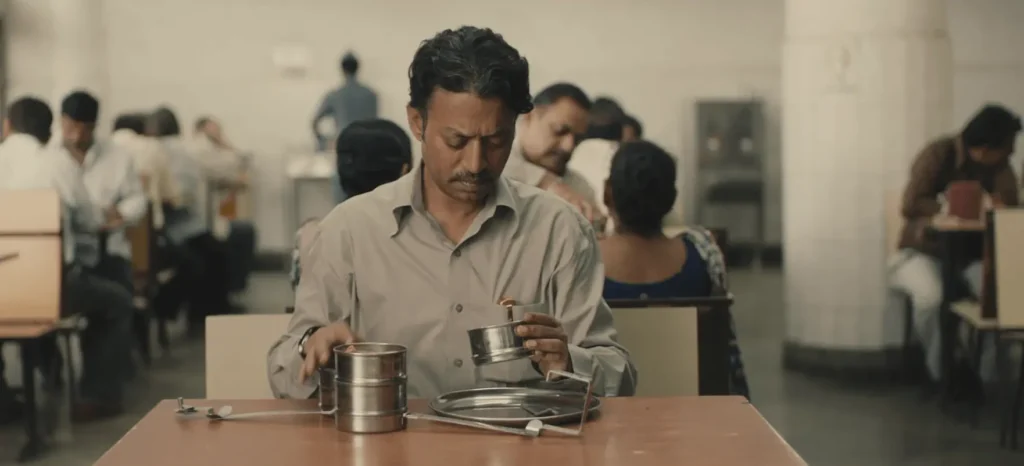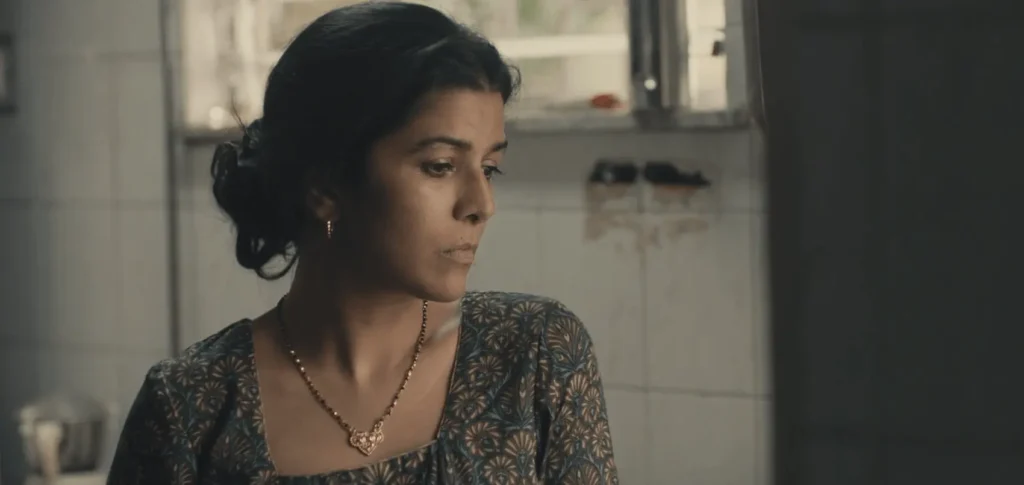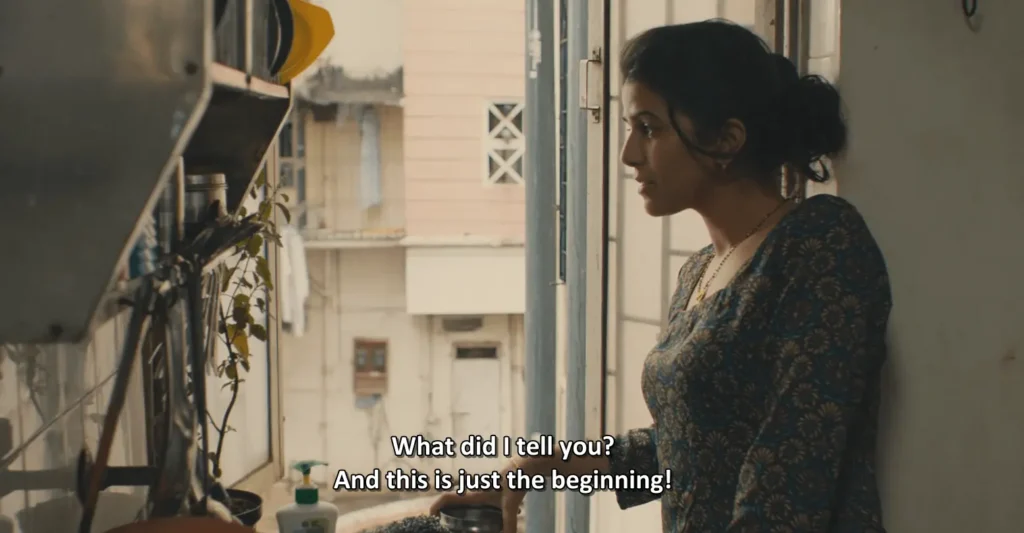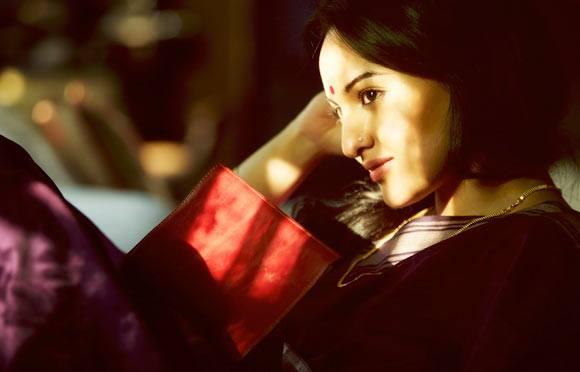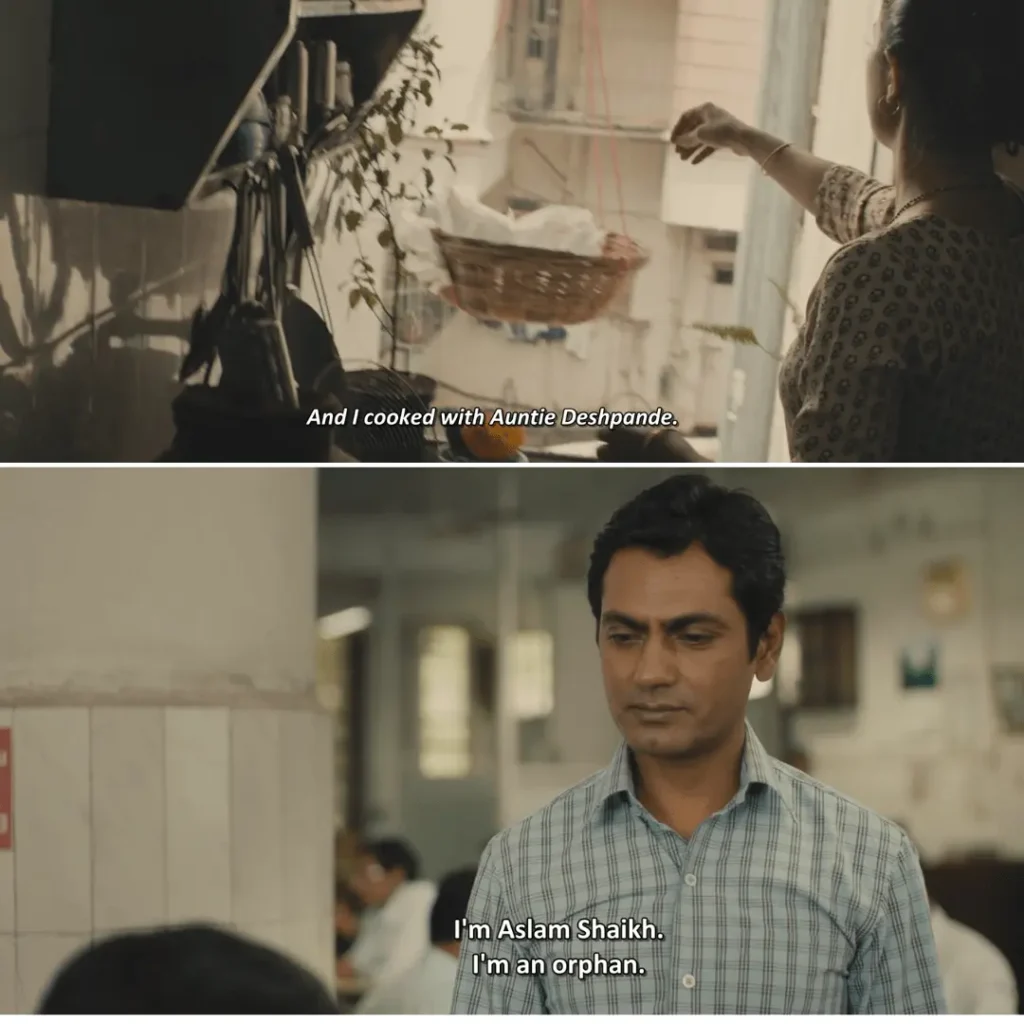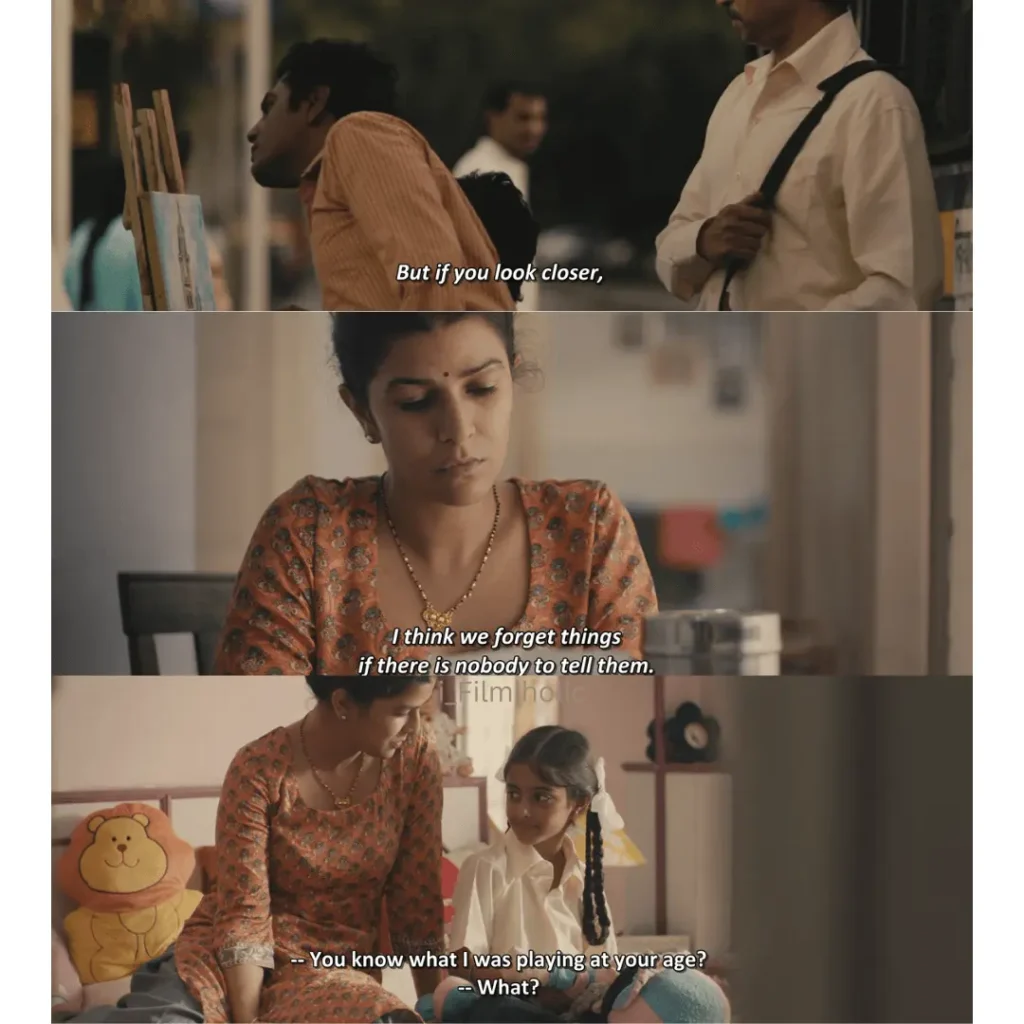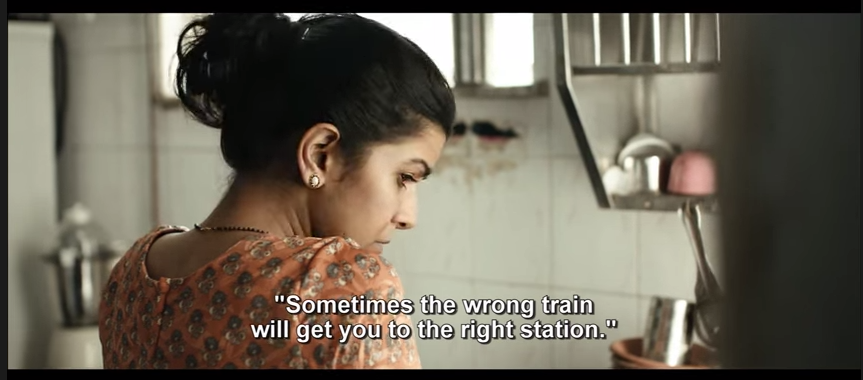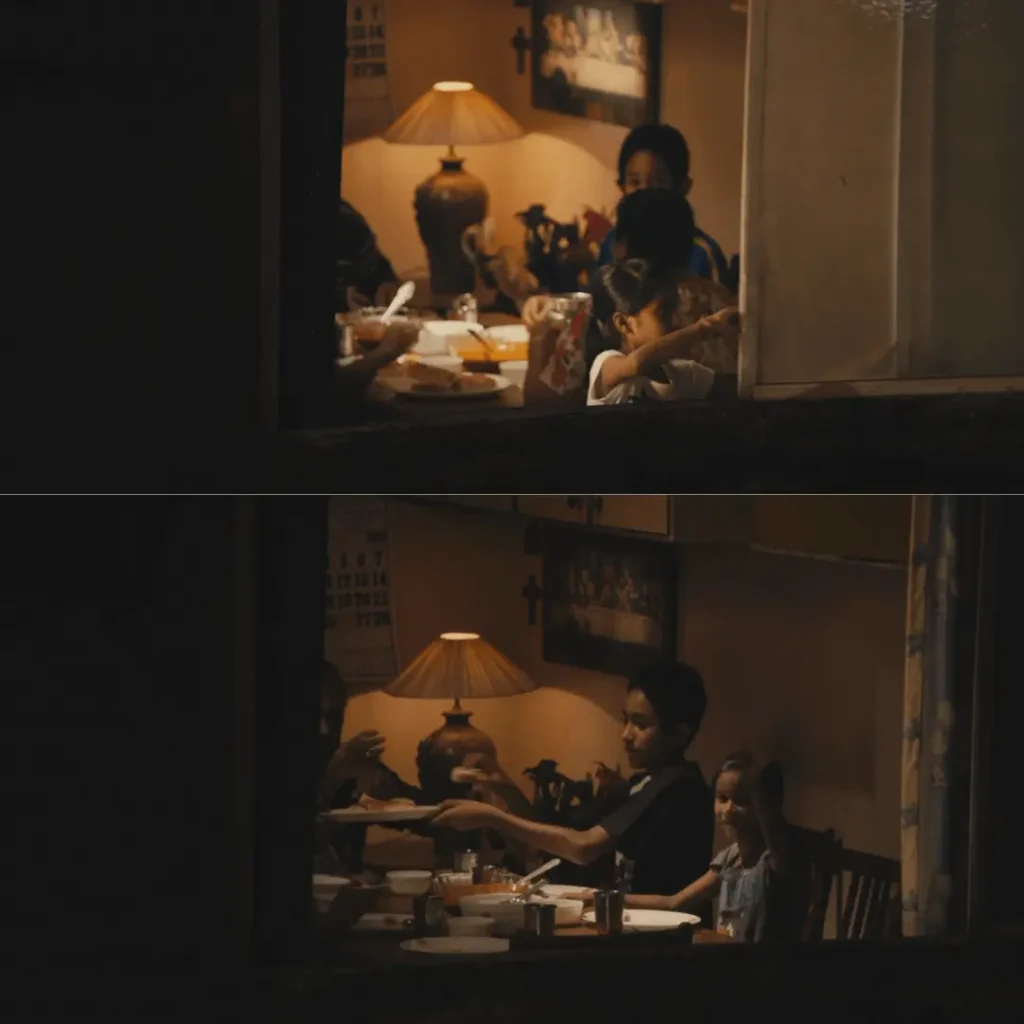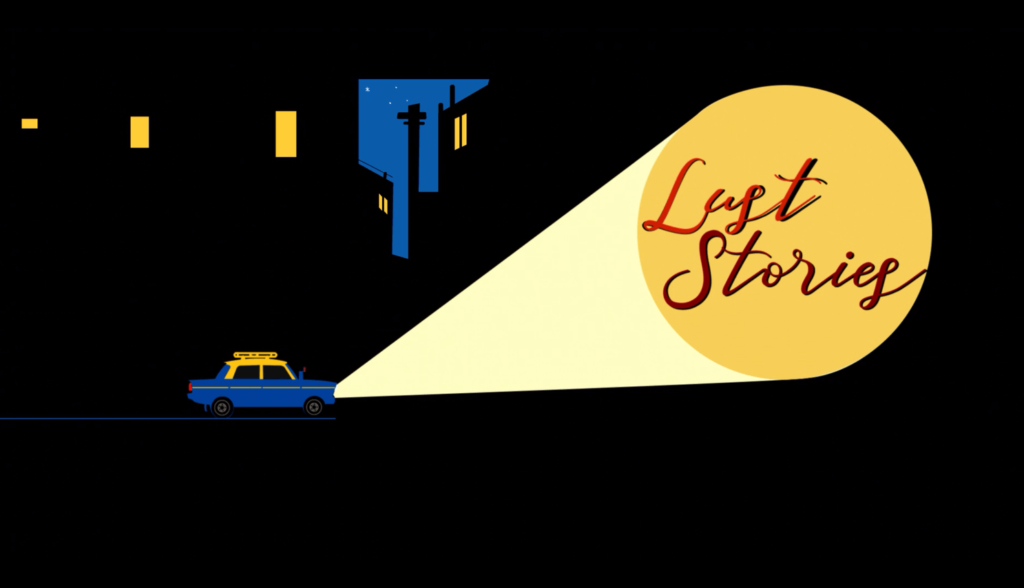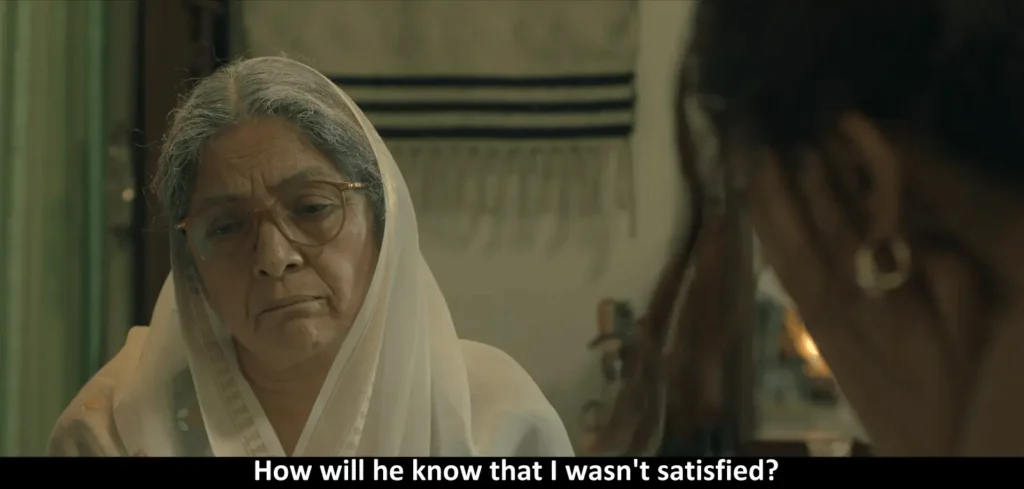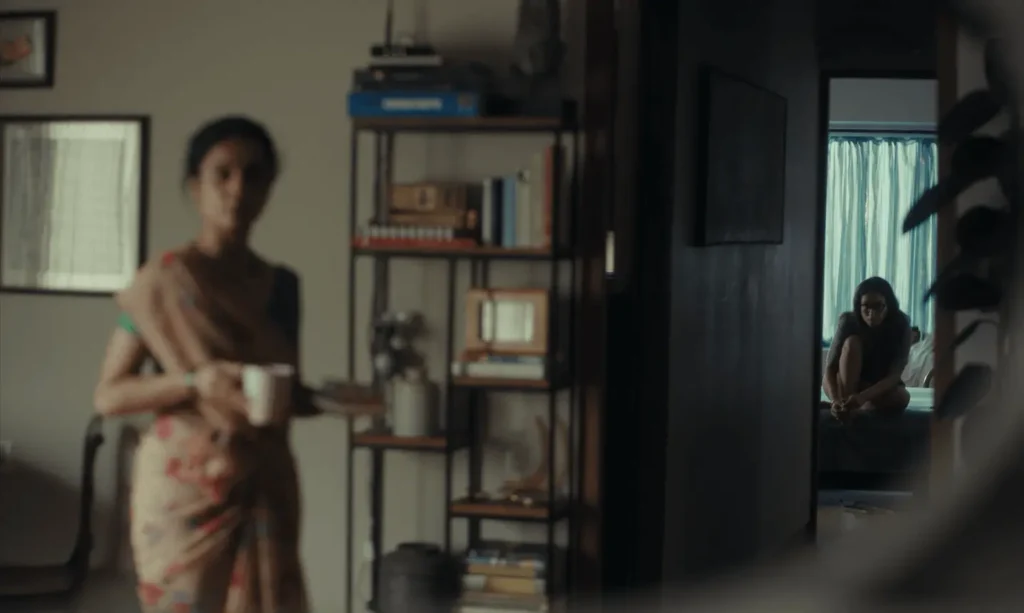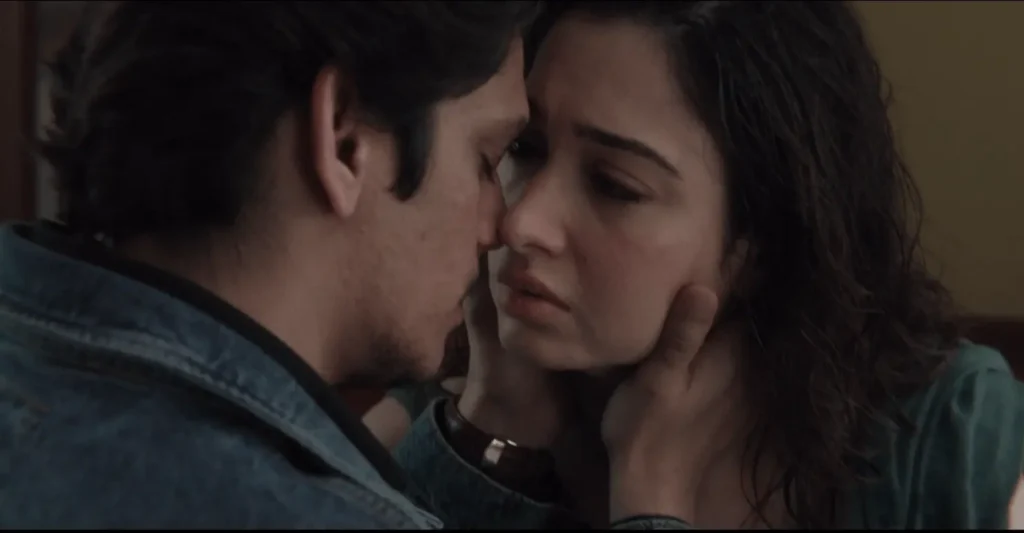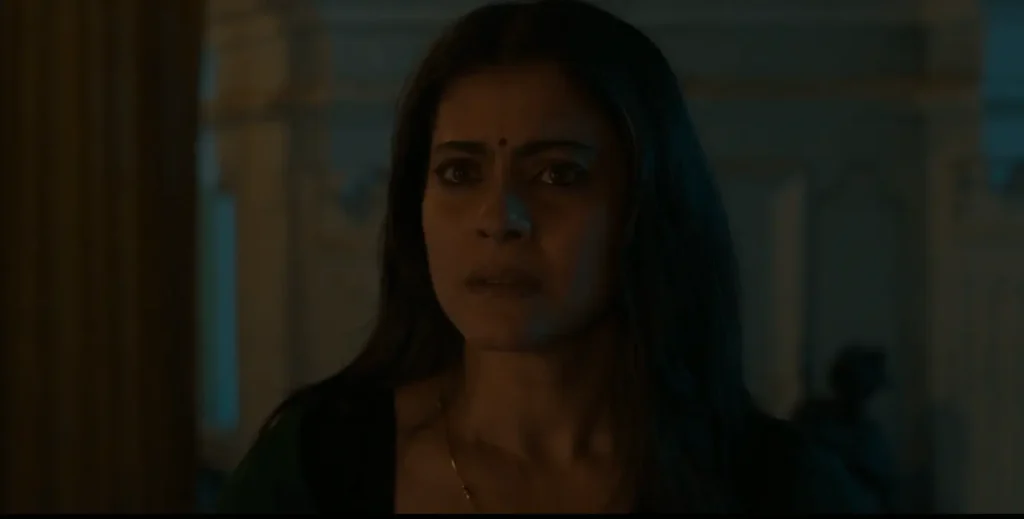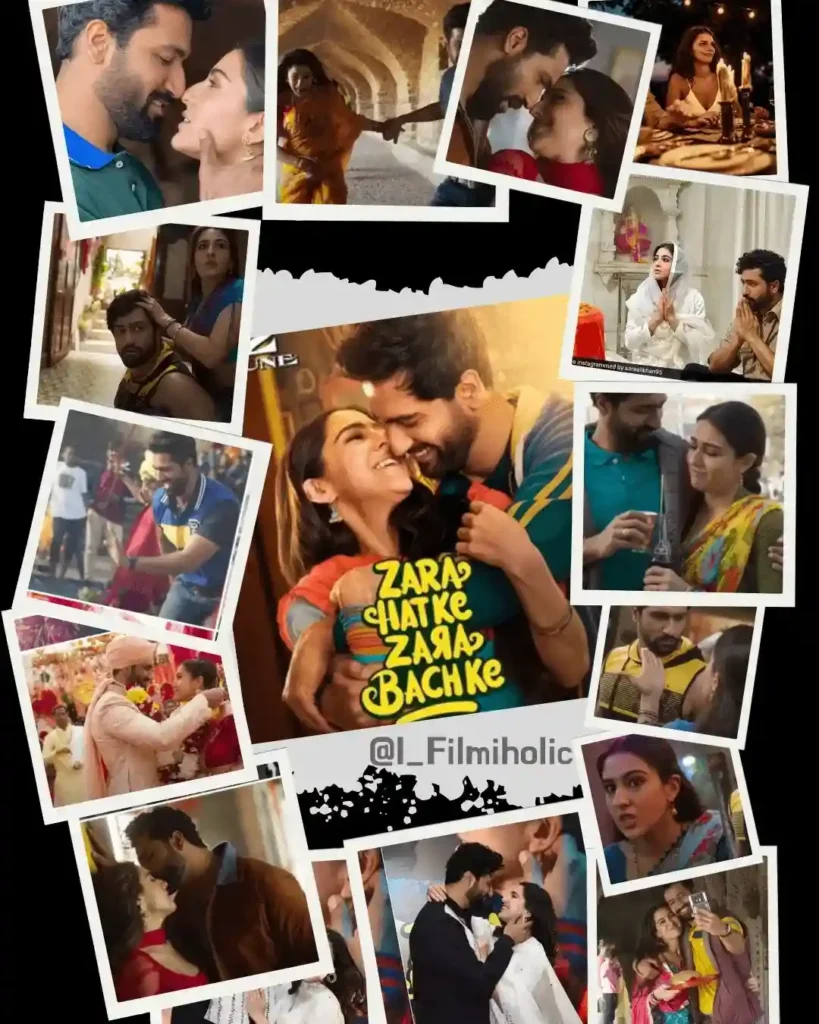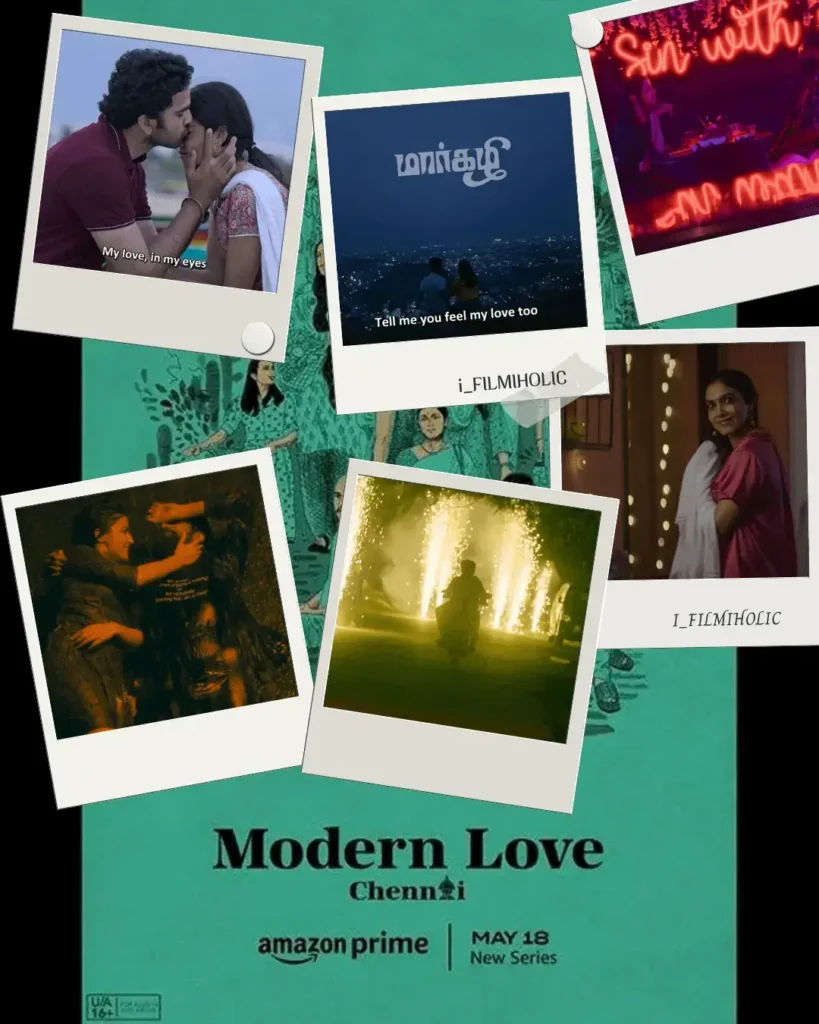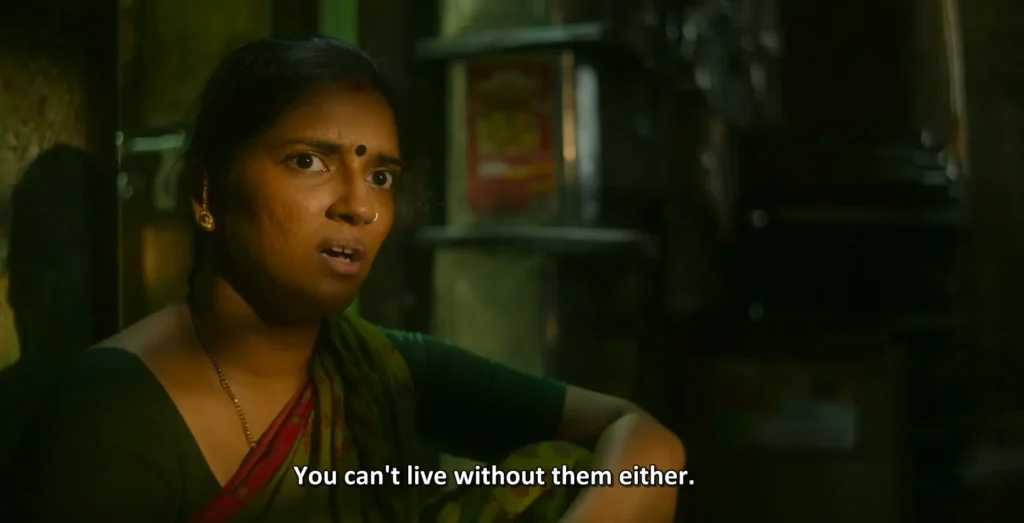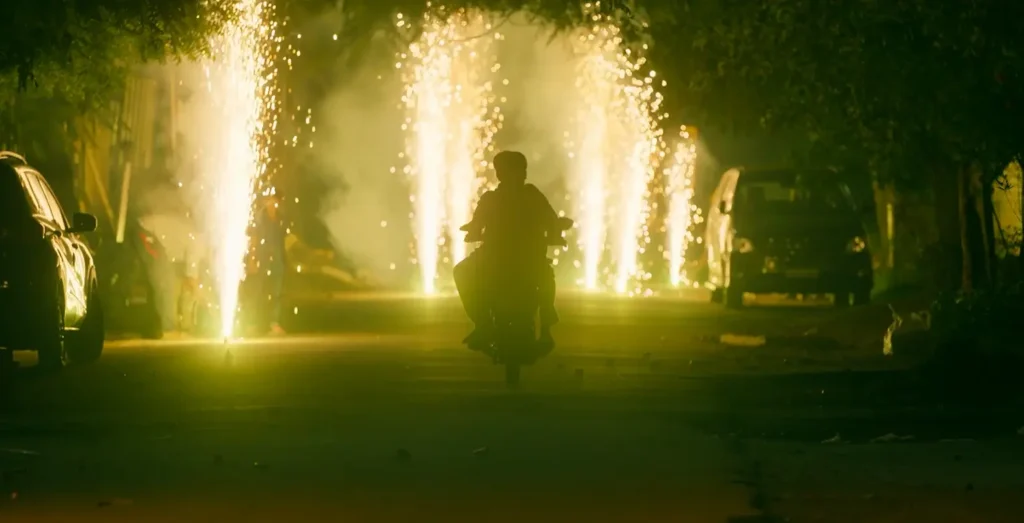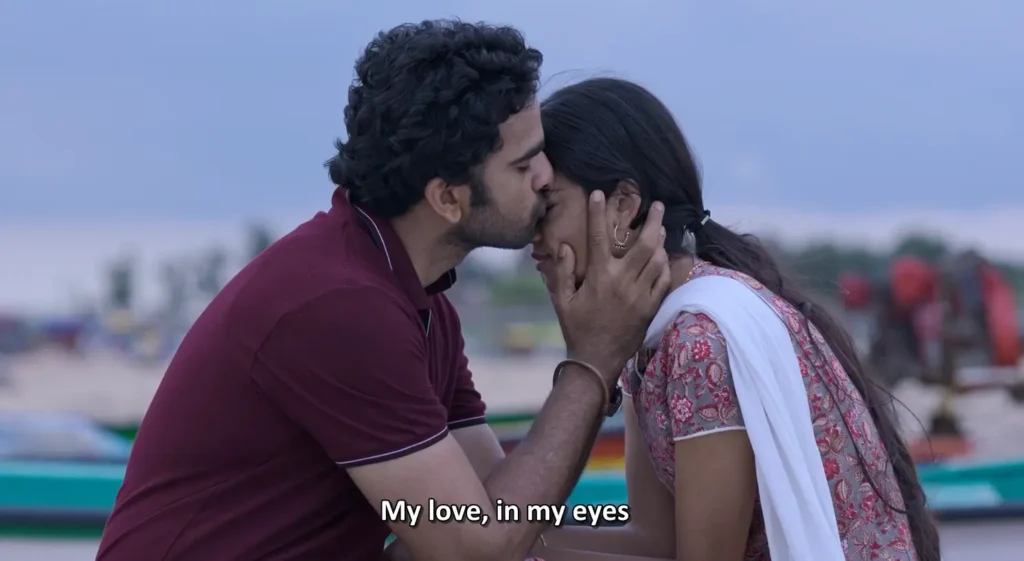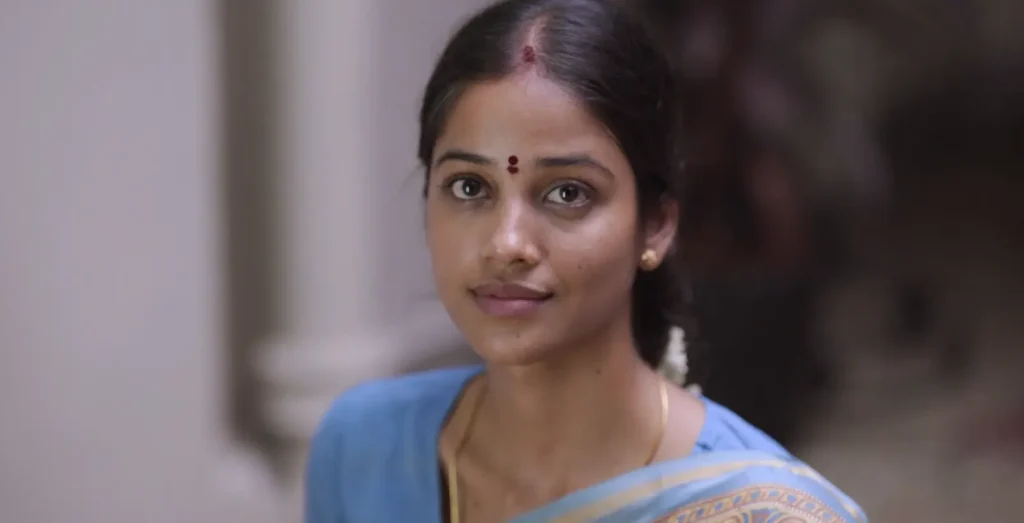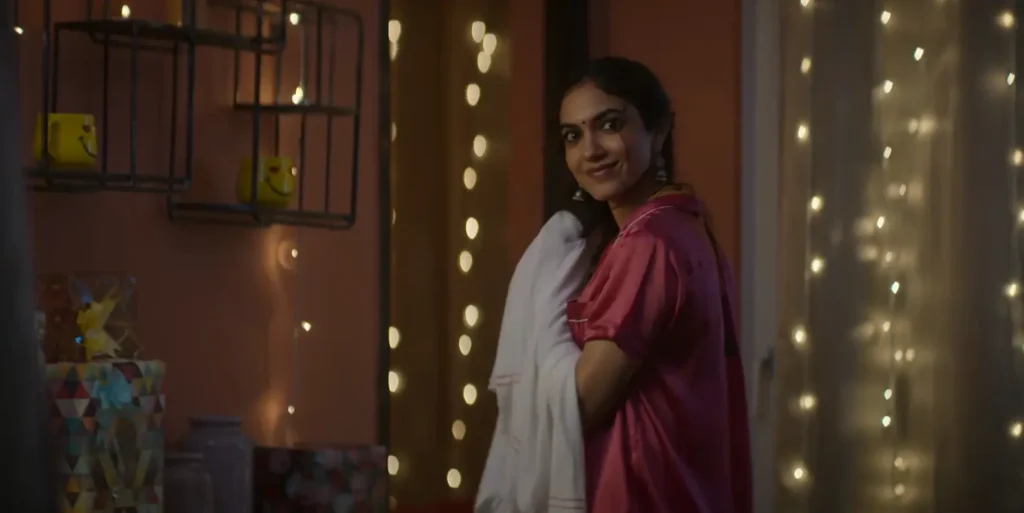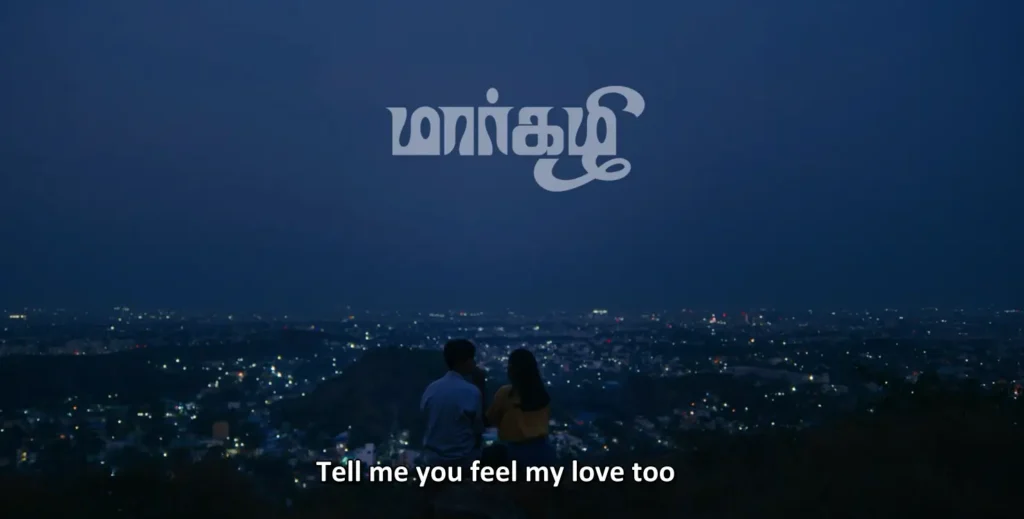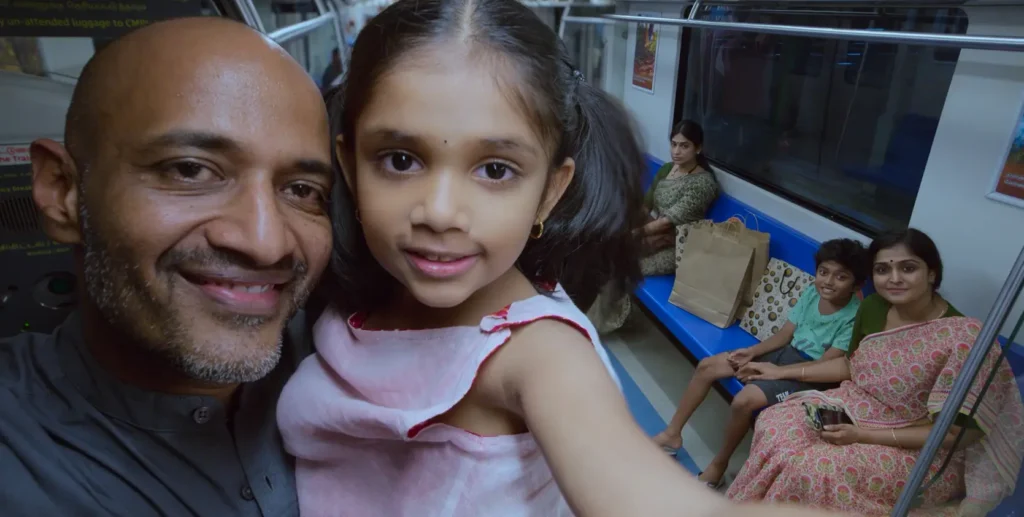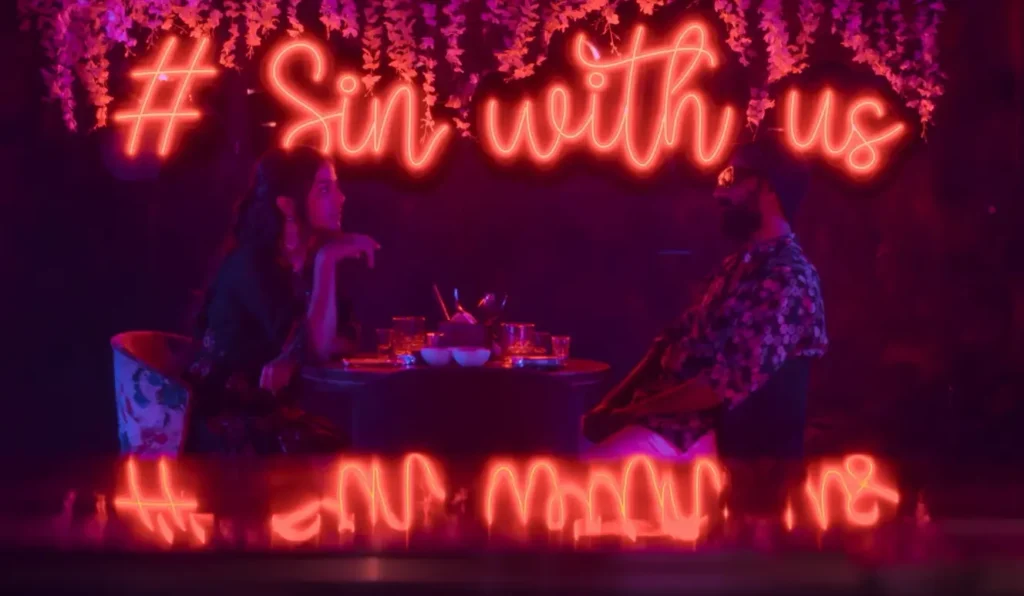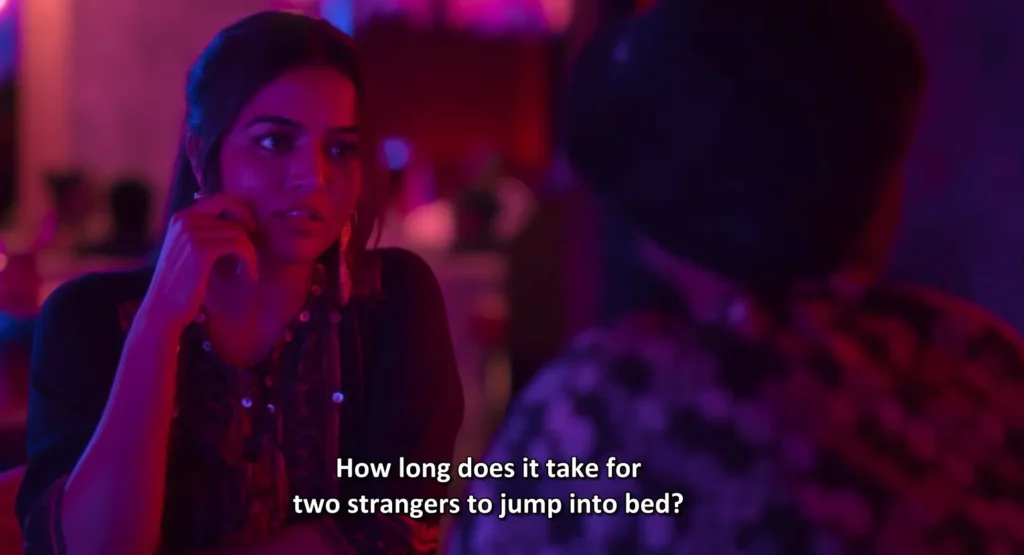The history of Valentine’s Day dates back to the fourth century, when Pope Gelasius 1 declared February 14th as St. Valentine’s Day. So let me introduce the four types of love from Greek philosophy.
1️⃣ Experience: Four Types of Love
Without experiencing the many forms of love, we’ll always feel a little empty.
The ancient Greeks possessed a complex understanding of love that still holds relevance today.
Their lexicon included four distinct types of love: Agape, Eros, Philía, and Storge.

Four Types of Love: Greek Philosophy
❤️Agape denotes a selfless, unconditional love that extends beyond personal desire and encompasses the well-being of others.
It’s selfless, puts others first, and doesn’t expect anything in return. Imagine helping a stranger without expecting thanks, volunteering, or donating to a cause. I hope you have seen the movie Schindler’s List or Malyalam movie 2018.
❤️Eros, on the other hand, represents a passionate, romantic love driven by physical attraction and desire.
The “butterflies-in-your-stomach” experience. It’s passion, intense attraction, and physical desire. Think that first crush, the romantic spark, or the thrilling excitement of new love. Think of a movie like Chunking Express or Njan Gandharvan.
❤️Philía describes a deep, platonic love rooted in mutual respect, shared interests, and genuine friendship.
Experience that “best friend forever” companionship . It’s built on friendship, shared interests, mutual respect, and understanding. Think movie nights with your buddies, deep conversations with an old friend, or the camaraderie of a sports team. Hope you have seen When Harry Met Sally or kannada movie Katheyondu Shuruvagide.
❤️Finally, Storge denotes a familial or parental love that is instinctual and unconditional.
Think the bond between parent and child, the unconditional love you have for your siblings, or the close connection with your grandparents. Hope you have seen the animated movie CoCo (2017) or tamil movie Peranbu.
Experiencing all these four types of love is vital for a fulfilling life, as it nourishes and enriches our emotional well-being.
Beginning of a Lifelong Romance
We should strive to evoke these emotions in others and elevate them for one another to create a more loving and empathetic society. These four types of love explains the nuances of love. By understanding the nuances of love, we can cultivate stronger, more meaningful relationships that enrich our lives and the lives of those around us.
So, go forth and experience the four types of love — agape, eros, philía, and storge — and embrace the diversity and depth that life has to offer. And remember, if all else fails, a little laughter can go a long way in matters of the heart.
As Oscar Wilde once said, “To love oneself is the beginning of a lifelong romance.”
So, experience all four types of love, evoke it in one another, and elevate it for one another. That’s the key.
2️⃣ Pain & Redemption
At the core of any transformative experience is the element of pain and suffering. Love, in particular, is known for its ability to inspire profound changes in individuals.
The reason for this is simple: transformation requires the shedding of one’s old self, and this shedding process can be painful. In fact, some of the most significant changes we experience are born out of great suffering.

This is why love demands that we surrender ourselves to a little bit of suffering. Whether it’s the pain of rejection, the agony of heartbreak, or the discomfort of vulnerability, these experiences are necessary to spur on the kind of transformation that love offers.
Suffer For It
And it’s not just romantic love that requires this level of surrender. If we truly love our work, our art, or our craft, we must be willing to suffer for it. We must be willing to endure the long hours, the uncertainty, and the setbacks that come with any creative pursuit.
But it’s not just about enduring suffering for the sake of transformation. We must also take the time to reflect on our journey, to understand why we’re here, who we are, and why it matters. Only by embracing the transformative power of love, and by surrendering to the suffering it demands, can we hope to unlock our full potential.
Redemtpion
And so, as we embark on this journey of love and transformation, let us remember that it is not a path for the faint of heart. But if we are willing to take that deep breath and plunge headfirst into the abyss, we may just emerge on the other side, transformed and ready for whatever comes next.
And as the philosopher Friedrich Nietzsche once said, “What does not kill me makes me stronger.”
So, let us suffer a little, and emerge stronger, wiser, and ready to love again.
I recommend you watch Masaan (2015) , Tamasha (2015), La La Land (2016).
3️⃣ Slow & Steady: Mean it
Love is not a commodity that we can buy, nor is it a game that we can play. Love is something that we give, and it’s a reflection of who we are.
Most importantly, it’s a verb, not a noun, it’s an action.
As the ancient Greek philosopher Plato once said, “At the touch of love, everyone becomes a poet.”
Love inspires us to be creative, kind, and compassionate, and it can elevate our lives to new heights. However, if we don’t mean it, we risk losing it all.
Fake it ’til you make it
There’s a famous saying that goes, “Fake it ’til you make it,” but when it comes to love, that’s a dangerous game to play. You can’t fake love, and you can’t substitute it with anything else. As the American author H. Jackson Brown Jr. once said, “Love is when the other person’s happiness is more important than your own.”
If we don’t mean it, we risk hurting ourselves and the people we care about.
So, how can we mean it?
Well, it starts with being honest with ourselves and others. We need to be clear about what we want and what we’re willing to give.
We need to be vulnerable and open to the possibility of rejection, knowing that it’s part of the process.
And we need to be patient and persistent, knowing that love takes time to grow and blossom.

Remember, genuine love is not something that we can fake or substitute. It’s a precious gift that we give and receive, and it requires us to be true to ourselves and others.
As the American singer-songwriter John Legend once said, “Love is not just a verb, it’s you looking in the mirror.” So, let’s be honest, vulnerable, patient, and persistent, and let’s mean it.
I would recommend movies like The Lunchbox (2013), Call Me by Your Name (2017).
Read about How you should read the film: The Lunchbox
So love your Partner. Love your friends, Love your family, Love your life, Love your job.
Your Love liberates your inner strength, and that’s the beauty of it.
So, how was your Valentine’s Day?
Me?
I had a busy day doing some Ad shoot and campaign management for the marketing.
But tonight, after seeing multiple stories and statuses in my SM feeds, I decided to write something on this.
❤️None of us belong here and there’s not enough time. Let’s Live. Love. Learn and Liberate❤️
